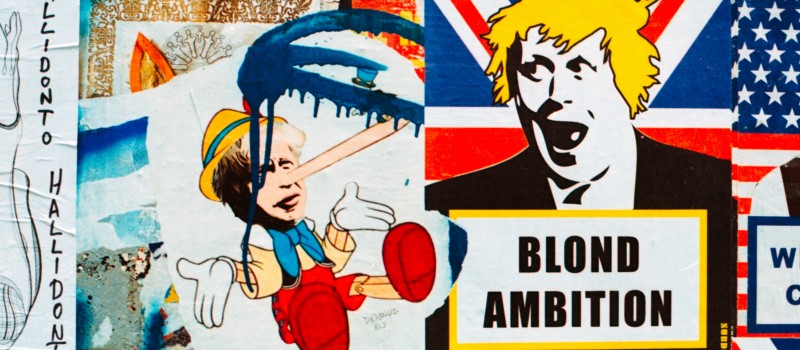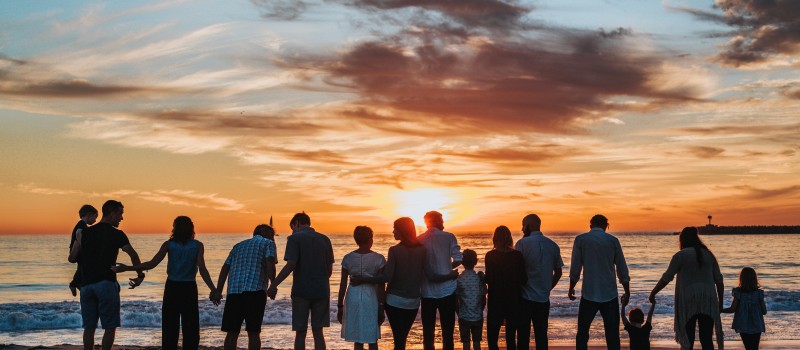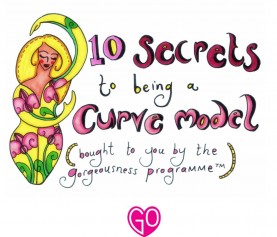Final Words
How many words are spoken each day?
Think about it …
Conversations, murmured good mornings, arguments behind closed doors, simple chat, small talk over coffee, urgent phone calls, rambling phone calls, words pouring out of radios or playlists and ear phones as people sing words about love and poison.
Words are flooding the world, right?
Billions upon billions of words.

If we could collect up and string every word being spoken in this second,
they would probably form a linguistic chain
that would stretch around the Milky Way
two hundred and fifty bazillion times.

What exactly are the stats on words?
Where are the stats?
How many are spoken each day?
And would we include in these stats the words recorded and spoken on video and podcasts on the internet?
Or the bookshop words stacked into glossy covered containers called hard back and softbacks, that fill the shelves like sparkly jewels to tempt the intellect’s tongue?
Or the words swirling around in our own heads?
You know, the silent imaginary arguments we have whilst driving along in the car?
Or the unspoken conversations we’ve scripted to THAT person again and again?

We count our lives in days, months and years.
We count our days in seconds, minutes and hours.
All the while time trickles away and our words gush out like water.
Like all the taps in the house left running,
we literally spunk our words.
Spunk.
OMG.
Whatta word!

If Earth was sensed through the auditory ears of sound vibration, what would the weight of words be?
How would our planet be humming?
Would the use of words feel like a helter-skelter of insane chatter or would it be a low, throbbing drone like the foreboding engines of a war machine?
And what would the world feel like if suddenly, everyone just shut the fuck up?

Some scenes from my life that involve words.
Scene One:
My father barely spoke to his mother.
The legacy of this interesting communication technique was that I had no contact with my paternal grandparents.
My paternal grandmother was German.
As a small child, I asked Dad if he’d learnt any German when he was little.
My dad said, “Only this: “halt den mund“.
Which means “shut up.”
Stop your words.
Which I guess he eventually did.
Scene Two:
Walking into my mother’s house and a radio on in every room, the same channel, spilling words out into the silence.
The constant babble of interviews and conversations;
inescapable noise.
Scene Three:
The silence of my grandmother’s house. My grandmother had motor neurons disease. Her words had to be typed and filtered through a small communication machine that rested like an robotic organ on her frail lap.
To my grandmother, each word was so much effort to say, so much effort to type with her stiff, calcified fingers.
Each word was precious.
And I waited until every last word in the sentence was typed before replying, because to give my grandmother the dignity of speech felt like the most important gift she could be given in that moment.

What are words?
Some thoughts.
Words are the symbolic, verbal representation of a thought or idea.
Words are an extension of what is going through someone’s head.
Words are thought made manifest.
Words are also tools to link two people, to share ideas and thoughts.
They are a profound tool that humans have learnt to use to communicate and that communication can take on all sorts of forms.
Politicians use words to sell their party to the masses. Then they go against the promises they have made.
Words, said by the wrong person at the wrong time, can destroy lives and have all sorts of implications.
Words, such as marriage vows, are unbreakable to some and breakable to others.
We can mean what we say and say what we mean or we can do the opposite, at varying degrees, depending on who we are talking to.
Words form relationships, break releationships, build people up, break people down. Our internal words to ourselves can have profoundly positive or negative effects, but frankly there aren’t the words to truly capture how complex and complicated the life of language is.

What does it mean to give your word?
What does it mean to break your word?
Does it matter, in this world full of words that are almost the most common, limitless resource that we have?
Are words just throw-away things?
AND IF YOU COULD ONLY EVER SAY ONE MORE SENTENCE TO ONE MORE PERSON, WHAT WOULD YOU WANT TO SAY?

I think I know the answer to this.
I think for most of us, one of those words would be “love”.
I. Love. You.

In Texas, where there are up to five times more executions than anywhere else in US states, there;s a digital archive of inmate’s last words that reaches back to 1976.
Final statements from 534 prisoners on death row and 37% of all executions in the USA over the last 40 years or so have been analysed.
Despite some of these human beings having committed horrendous crimes of rape and murder and despite these human beings having nothing else to lose, analysis showed that the most common word in death row inmates’ last statements was “love”.
Love.
Then “heart”
Followed by “care.”

Imagine if you spent one whole day being conscious of the words you speak.
Imagine spending a second day picking your conversations with care.
Imagine if you spent a third day pretending that your words were a resource that one day you’ll no longer have.
I wonder what you’d say on that day?
Bethan x




